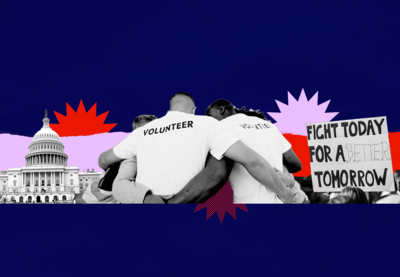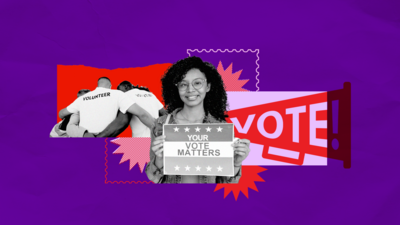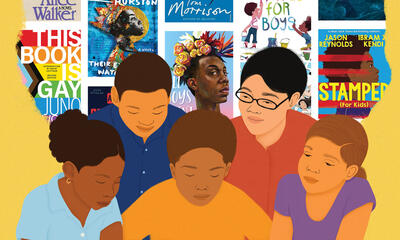To strengthen democracy in the United States, we must understand the systems of government, politics and the media. And civics literacy is crucial if our nation is to achieve an inclusive, multiracial democracy. The resources in this series can help to develop the civic knowledge, skills and dispositions essential for responsible democratic action.
Lee Anne Bell, professor emerita at Columbia University, offers the following definitions:
- Civic knowledge entails understanding how our political system works and knowing our political and civic rights and responsibilities—such as the right to vote and run for public office and our responsibility to respect the rights and interests of others.
- Civic skills include the ability to analyze and evaluate issues so we can thoughtfully articulate and defend positions on topics that matter to us. Civic skills enable us to participate in public processes such as monitoring government performance and mobilizing with others around issues of collective concern.
- Civic dispositions—such as public-spiritedness; critical-mindedness; and the willingness to listen, learn from, negotiate and compromise with others—are the basis for participating respectfully with others as equals.
“The values at the heart of a multiracial, inclusive democracy are freedom of expression and assembly and authentic representation of the communities our democracy serves. The leaders we elect should not just hold office to put forward their own interests but to meaningfully advance the interests of everyone in their jurisdiction. All of those values necessitate active participation of the people. Democracy can only thrive when we fuel it with our voices, votes and healthy discussion and debate about how we move the country forward.”
— Margaret Huang
Read “A Time of Transformation and Possibility” in Learning for Justice magazine.














